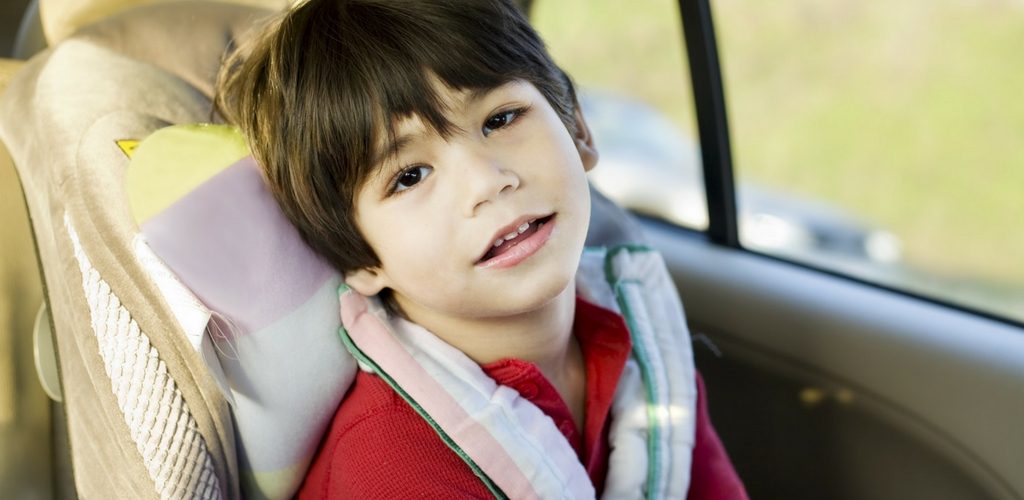A Guide to Travelling with a Child with a Disability

If you are travelling with a child who has a disability, you want to make sure that their trip will be as comfortable as possible. You may encounter challenges along the way. Therefore, it is crucial that you plan ahead before you go on a vacation.
Here’s a quick guide on what to do and what to bring for travelling with disabilities.
· Perform due diligence.
Gather lots of information about your destination. Do you have to make special arrangements with the hotel for rooms for disabled travellers? If your child has a service animal, find out if you need to bring any paperwork or ID for it. If you are flying, learn the layout of an unfamiliar airport for easy wheelchair navigation and check restaurant guides if you are going to have a long layover between flights.
· Book specialised tours.
Look for tours that can accommodate your child’s disability. There are groups that book tours for the visually impaired which includes sight guided assistance by local guides.
· Choose the right luggage.
Your check-in and carry-on bags must be lightweight yet sturdy enough to protect your equipment. Maximise the pockets of the wheelchair. Essentials such as medicine or hearing aid batteries should always be in your carry-on.
· Always bring a spare.
Pack an extra hearing aid and extra batteries. You don’t want to be caught in the middle of nowhere with malfunctioning equipment.
· Carry a pen and paper.
If your child has hearing loss, it could be difficult to communicate in noisy environments such as airports, bus terminals, parks, and restaurants. Or they may need to communicate to someone who cannot sign. The good old pen and paper may come in handy in these situations.
· Get a collapsible cane.
Some airlines do not allow canes in the passenger seat as they can pose a safety hazard to other passengers. A collapsible cane, however, can be stored in the overhead bin.
· Write down emergency information.
Carry a list of emergency information at all times so you can call for medical assistance immediately in case the need arises. Check the local hospitals of each place you will visit and write down numbers of doctors and specialists. Pack IDs, insurance cards, medical cards, and a list of medications and medical allergies that your child may have.
· Bring a first aid kit.
Make sure to have an emergency kit that also includes two sets of medications. Your child should wear a medical bracelet if they have one.
· Tools can come in handy.
Wheelchairs and other medical equipment may require minor repair during the trip. Bring the device manual with you and pack some small tools and spare parts in case it breaks down.
· Bring your own electronic gadgets.
Internet cafes in other cities or countries may not have adequate zoom or speech technology for impaired users. Bringing your own laptop and other communication equipment ensures that you have access to travel information all the time.
· Purchase insurance.
If your travel is not covered by insurance, you may want to consider buying for any medical expenses that you may incur.
· Consider hiring a caregiver.
If your child requires extra assistance, consider hiring a local healthcare professional as travel companion. These pros know the place better than family members or friends and can provide great care and local knowledge.
Looking for wheelchair friendly vehicles for your next road trip?
Travelling with a disabled child can be stress-free if you prepare well for your trip and carry all the must-have amenities. Are you ready to go on a vacation? Motoring Mobility can help make your journey as convenient as possible by providing you with wheelchair friendly vehicles. Contact us for enquiries.
